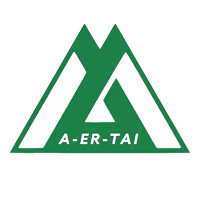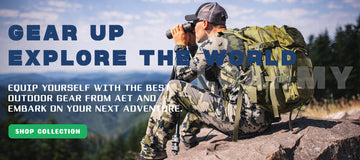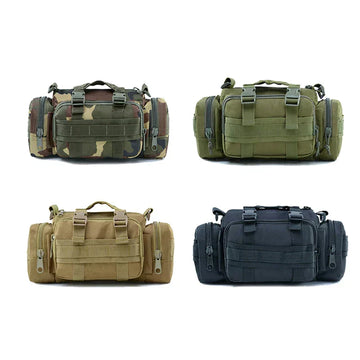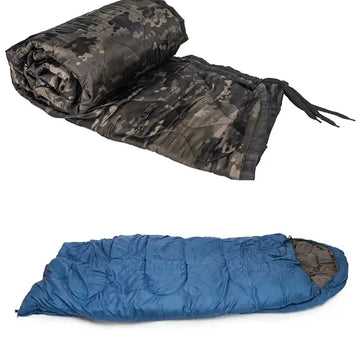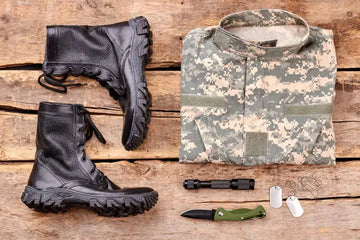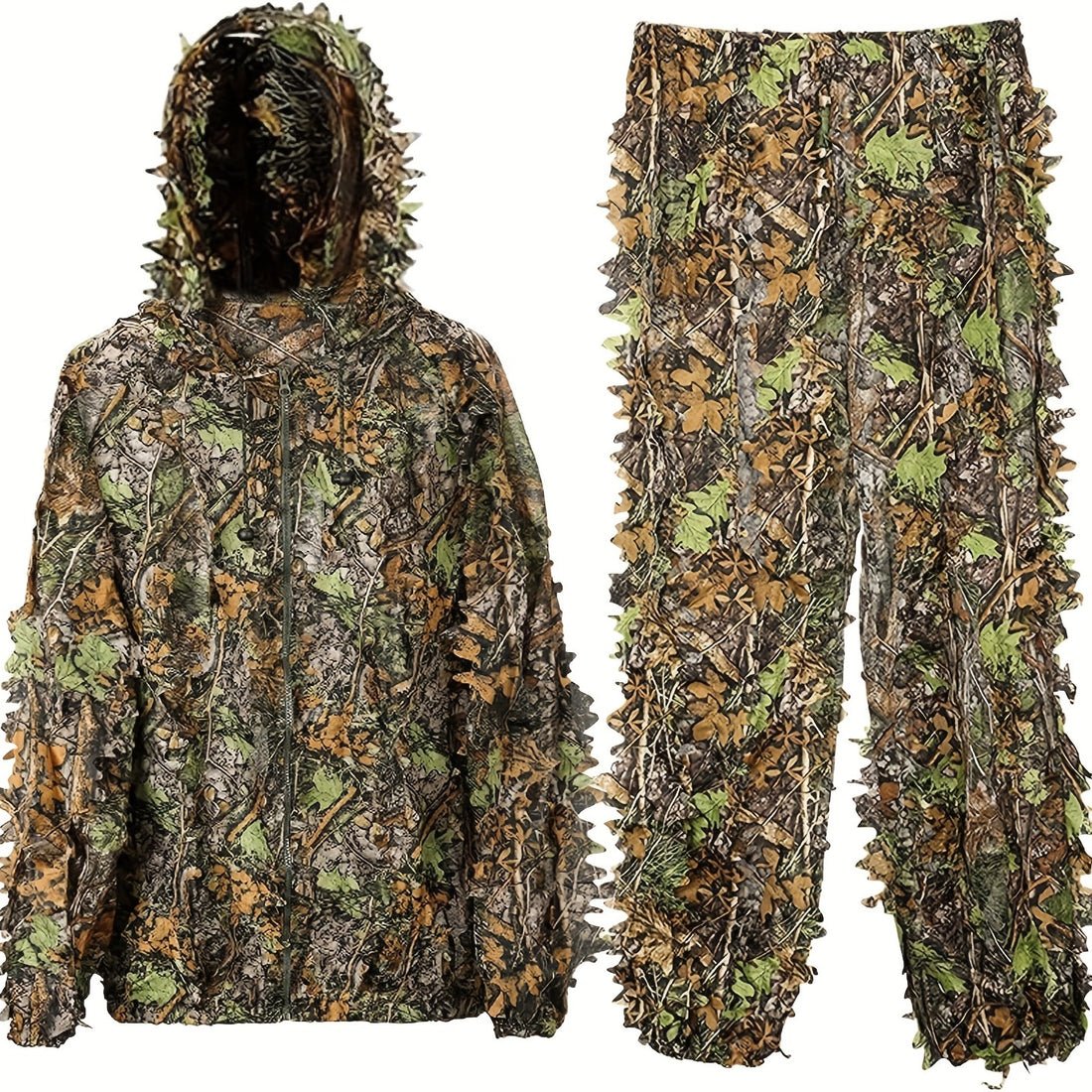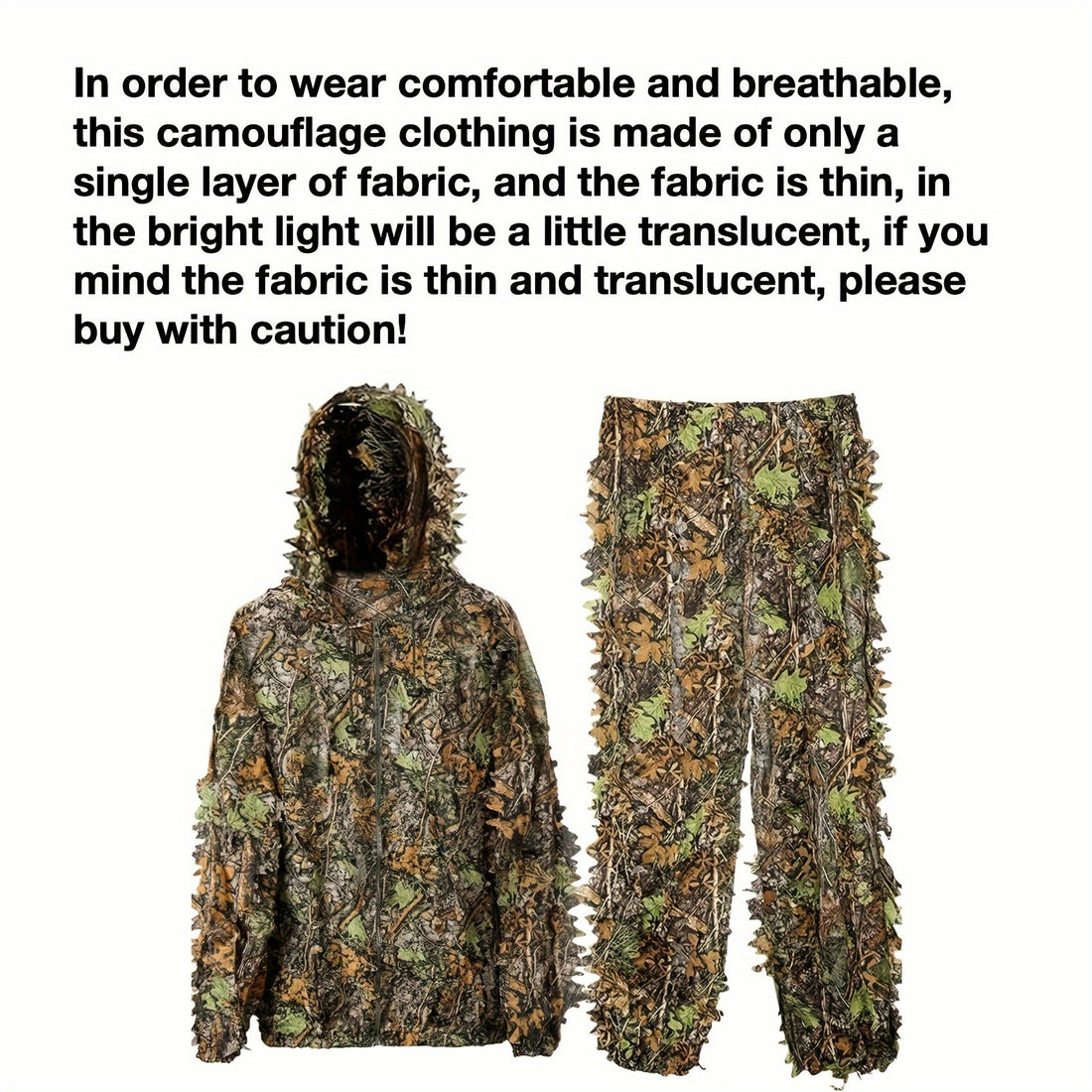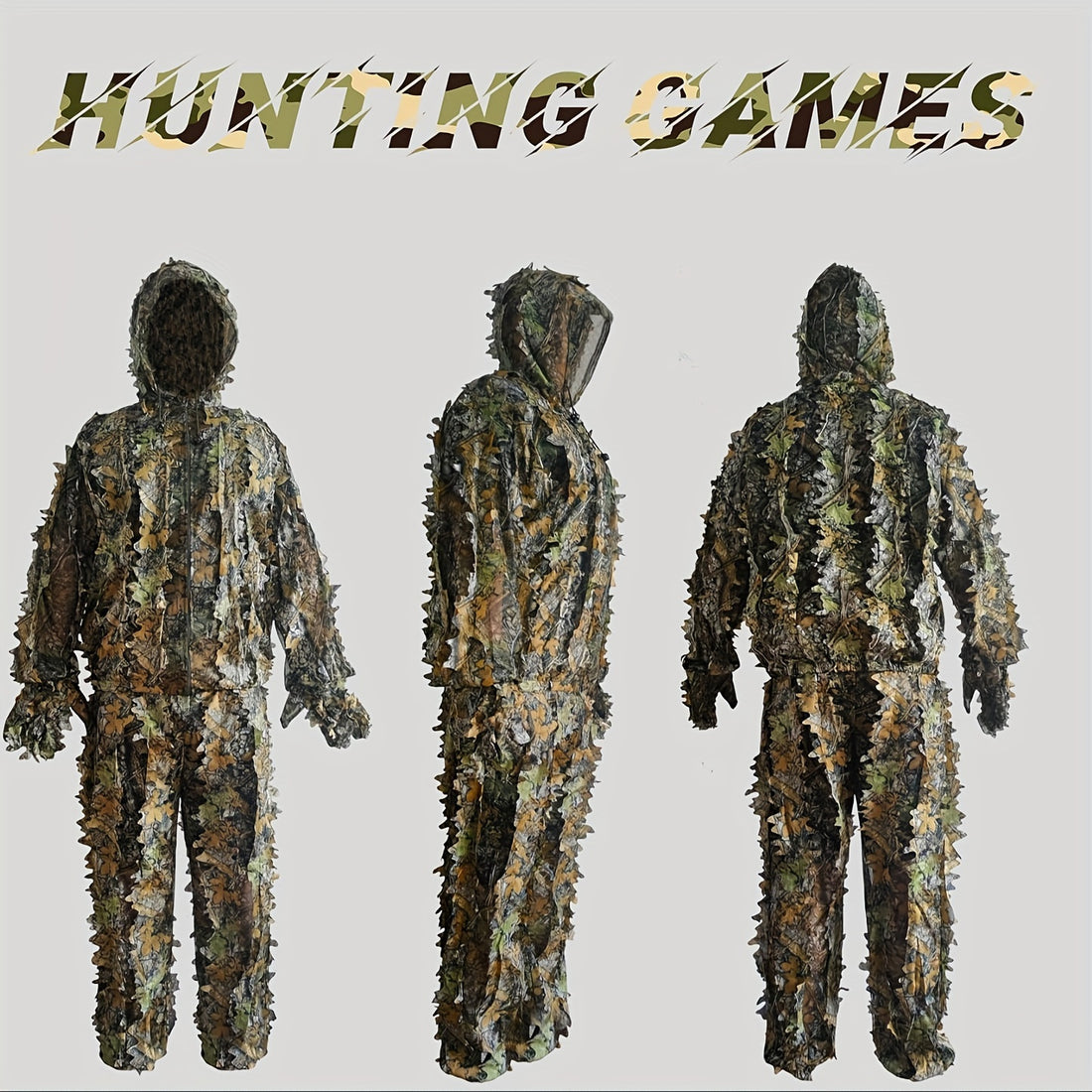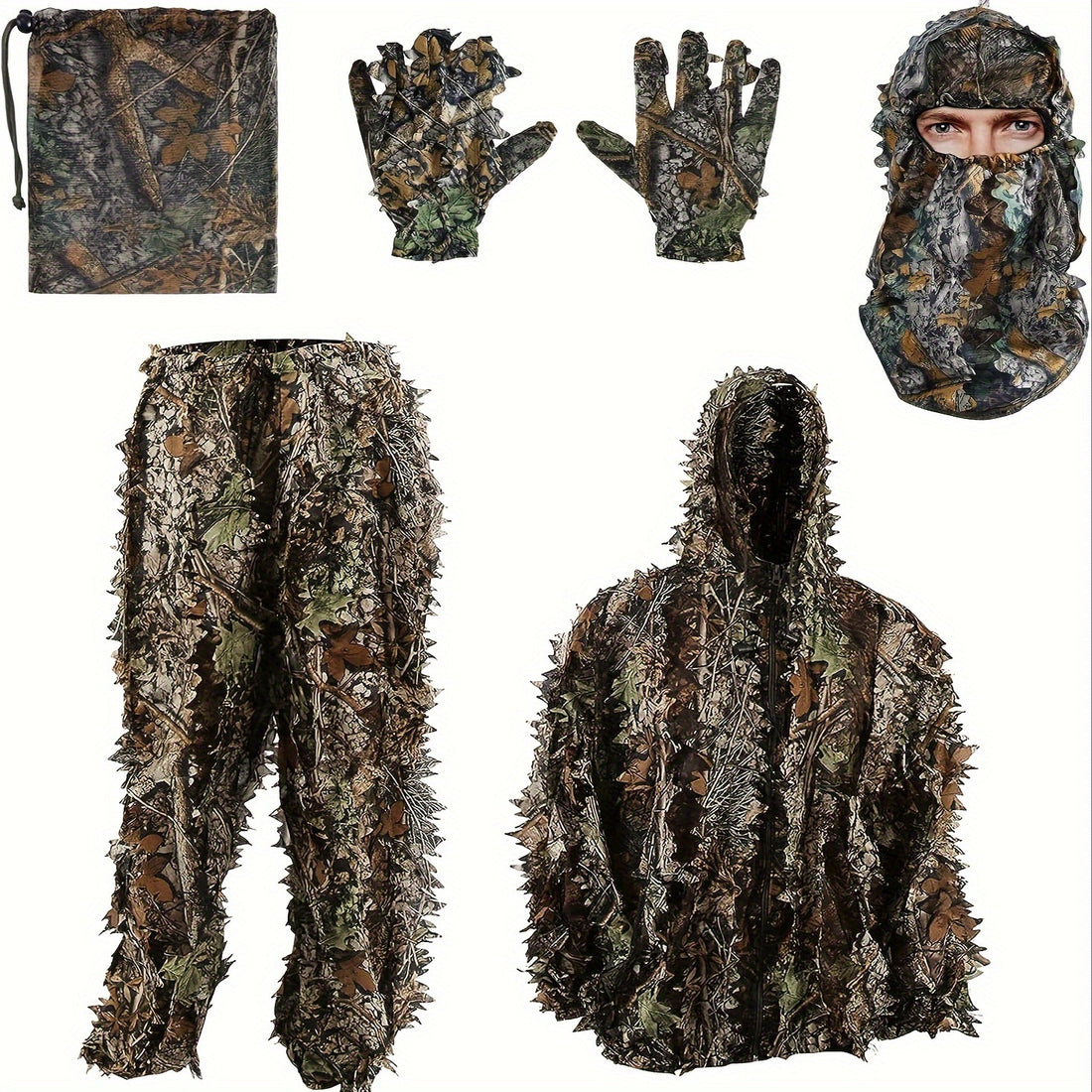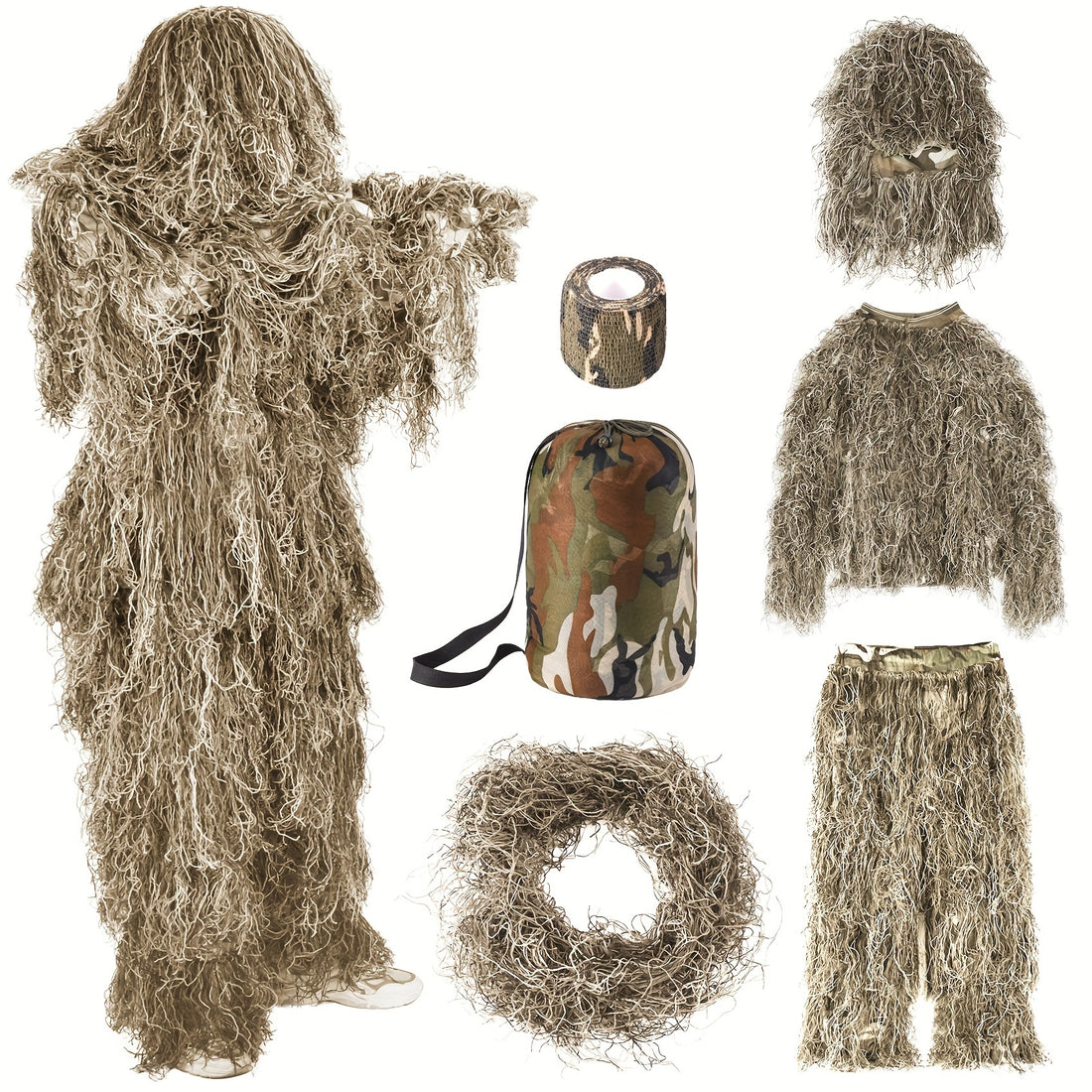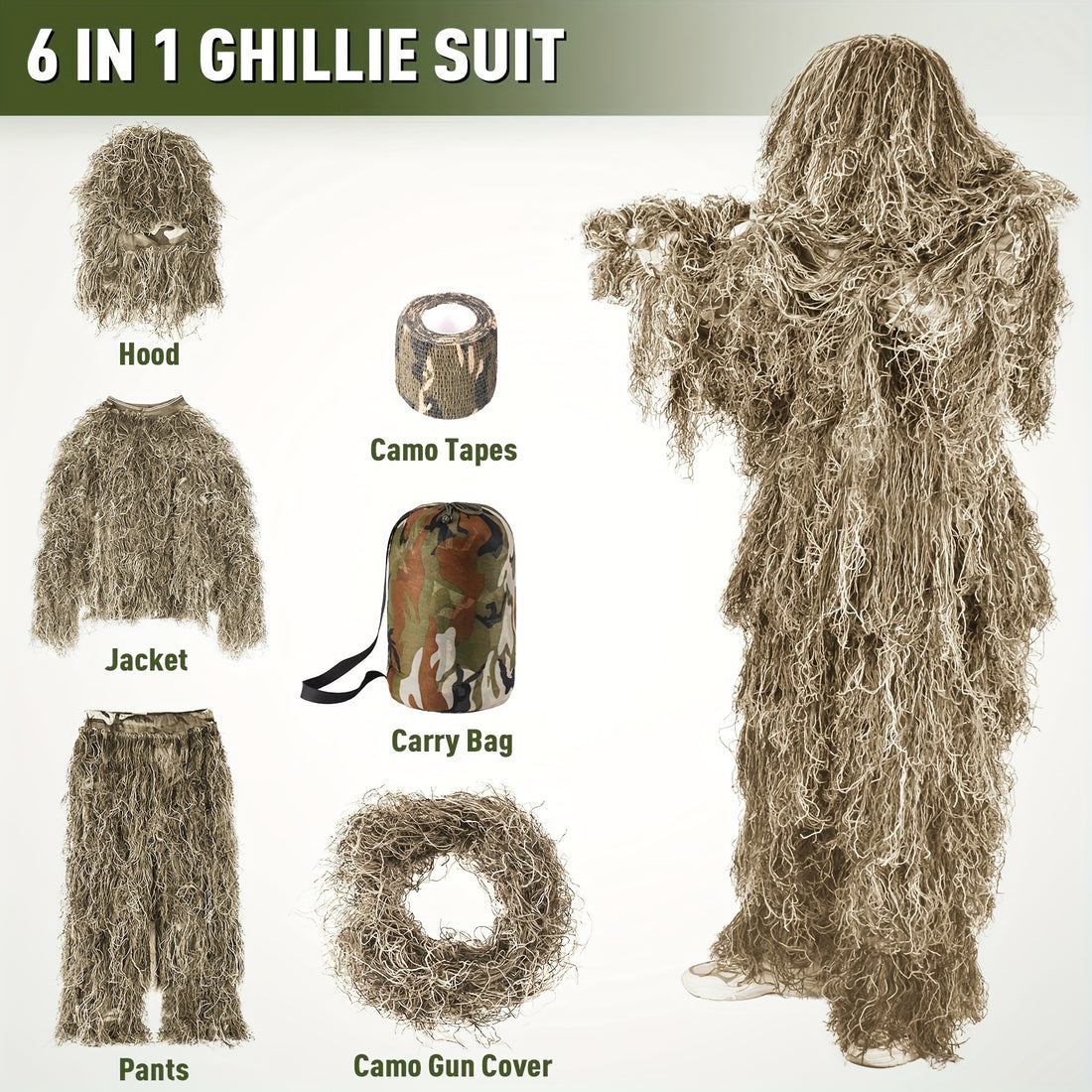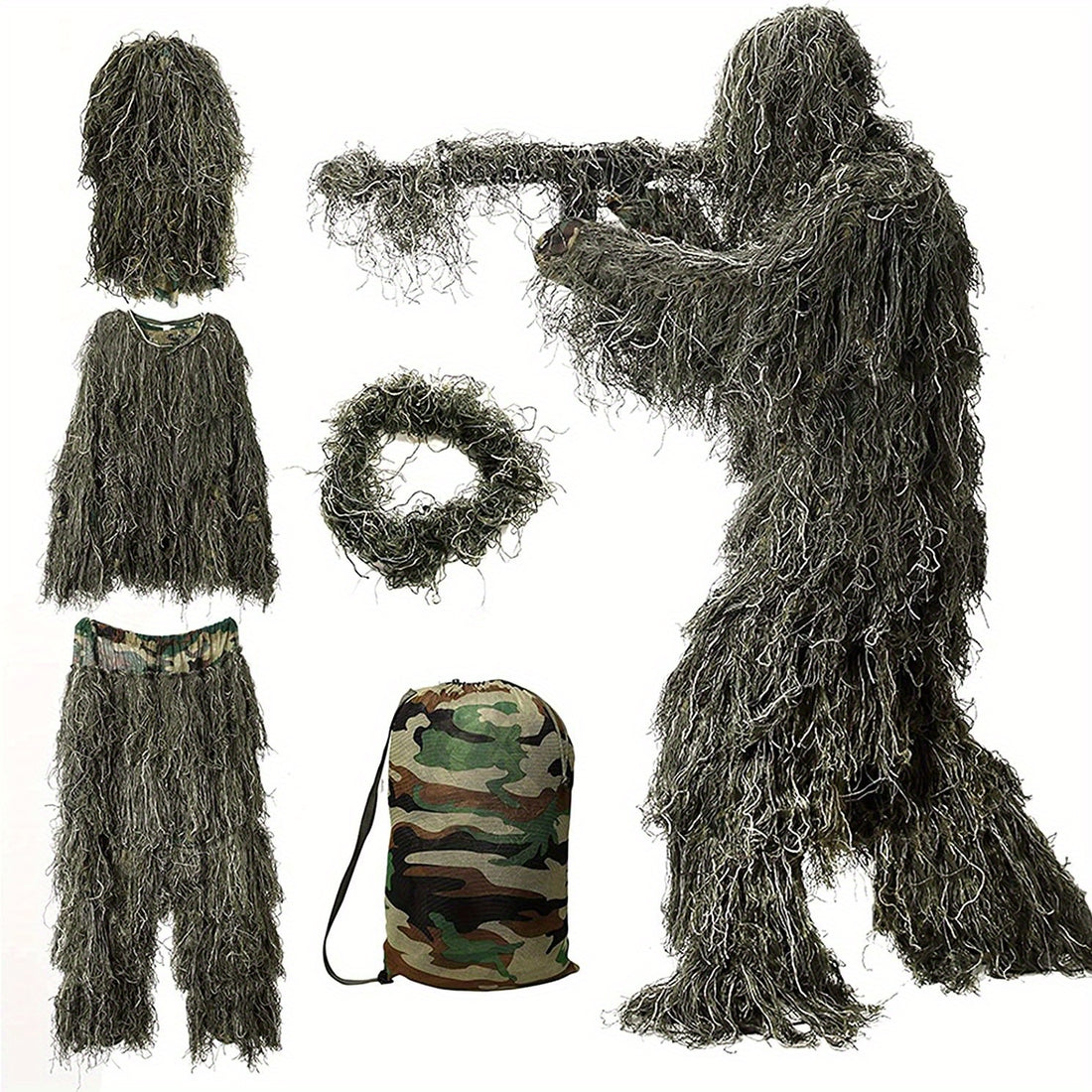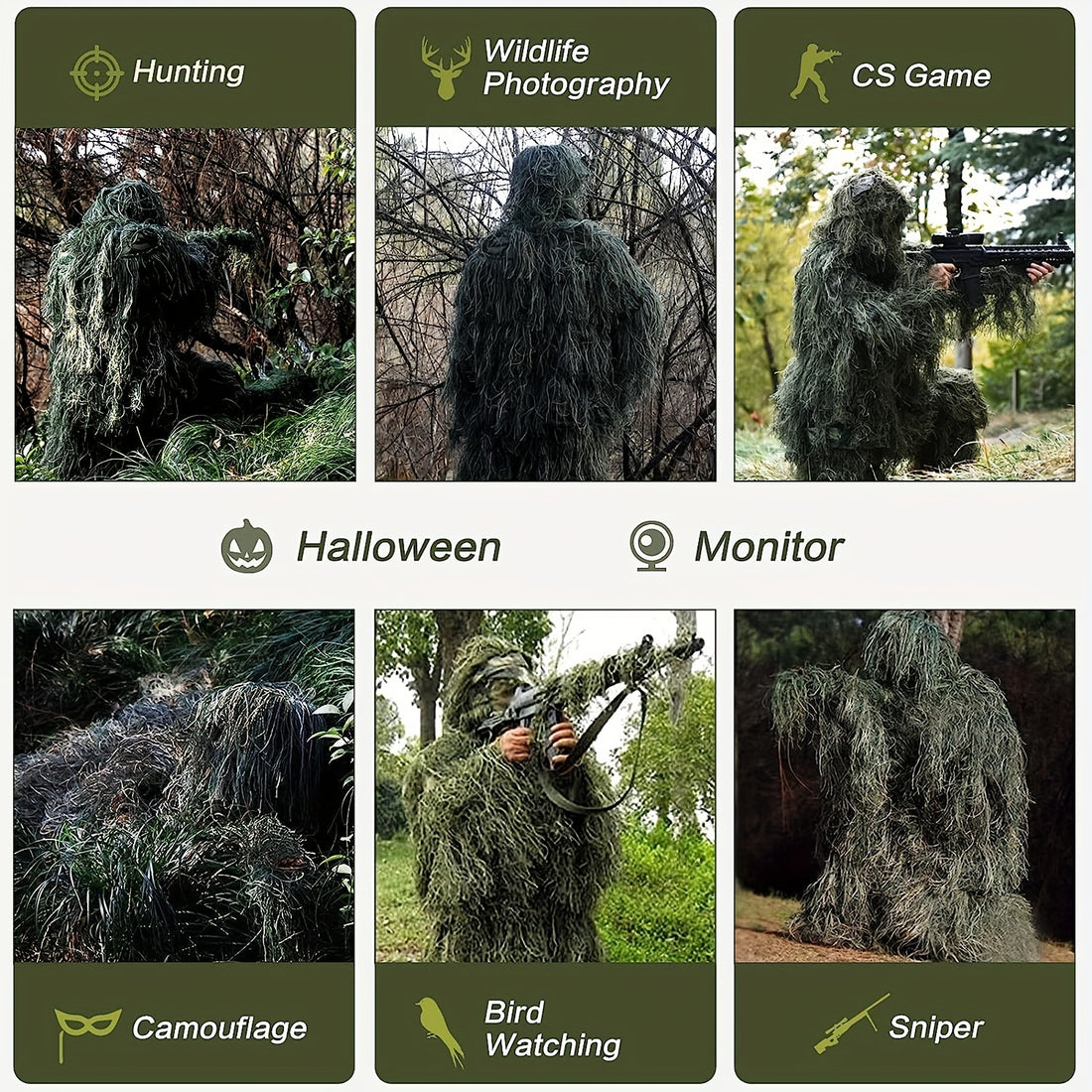The colors or patterns used in tactical gear are not only about aesthetics but also provide camouflage, convey professionalism, and even boost morale.
This guide covers solid tactical gear colors and camouflage patterns, their applications, and how to choose the best option for your needs.
Why Colors and Patterns Matter in Tactical Gear
Tactical gear colors and camouflage patterns serve distinct purposes:
- Solid Colors: Ideal for specific environments (e.g., urban, desert) or professional settings, offering simplicity and durability.
- Camouflage Patterns: Designed for multi-environment concealment, blending into varied terrains like forests, deserts, or urban areas.
- Practical Benefits: Colors affect heat retention, visibility, and maintenance, while patterns enhance camouflage across diverse settings.
- Team Identity: Colors and patterns can align with unit branding or boost morale.
Your choice depends on your environment, mission, and operational needs. Below, we explore solid colors and camouflage patterns to help you decide.
Solid Colors for Tactical Gear
Solid colors are versatile, often used for specific environments or professional roles. Here are the most popular options:
1. Black: The Classic Choice
Black is a timeless option, widely used by law enforcement and special forces due to its versatility and professional appearance.
When to Use Black
-
Urban Operations: Blends into shadows in city environments.
-
Night Missions: Minimize visibility in low-light conditions.
- Professional Settings: Suitable for security teams needing a polished, intimidating appearance.
Considerations
-
Heat Absorption: Absorbs more heat, which can be uncomfortable in hot climates.
- Visibility: Stands out in bright daylight or non-urban settings.

2. Coyote Brown: The Desert Favorite
Coyote brown is a popular color for those operating in desert or arid environments.
This color blends well with sandy and rocky terrains, making it an excellent choice for military personnel deployed in such areas.
Coyote brown also has the advantage of not showing dirt and wear as easily as lighter colors.
This makes it a practical option for long-term use in harsh conditions.
When to Use Coyote Brown
-
Desert Operations: Blends into sandy and rocky landscapes.
-
Dusty Environments: Keeps a cleaner appearance due to its dirt-concealing properties.
- Versatile Use: Neutral tone works across various terrains, from scrublands to mixed environments.
Considerations
-
Limited in Green Environments: Less effective in forests or jungles.
- Heat Retention: Retains some heat but less than black.
Other Colors Similar to Coyote Brown
Coyote Brown can easily be confused with several other shades that are popular in tactical gear. These include:
- Tan: Tan is lighter and has a more yellow or beige undertone compared to Coyote Brown. However, the two colors can appear quite similar, especially in bright sunlight.
- Khaki: Khaki is another lighter color, with a slightly more yellowish or beige tint. It's often used in military and outdoor gear, and its similarity to Coyote Brown can be confusing.
- Flat Dark Earth (FDE): FDE is a popular color for firearms and gear, and it’s a bit darker than tan but lighter than Coyote Brown. It has a slightly cooler tone, with a mix of brown and grayish undertones.
- Desert Sand: This color is lighter than Coyote Brown and has a more beige or sand-like appearance. It's often used in desert environments, similar to Coyote Brown, but it's paler in comparison.
- Dark Earth: Dark Earth is very close to Coyote Brown, but it may have a slightly richer, darker tone. The difference is subtle and can be easily overlooked.
3. Olive Drab: The Woodland Warrior
Olive drab, often referred to as OD green, is the go-to color for woodland environments.
This shade of green blends seamlessly with foliage, making it ideal for forested areas.
It’s perfect for soldiers, hunters, and anyone who needs to stay hidden in the woods.
When to Use Olive Drab
-
Forests and Jungles: Excellent for blending with trees and foliage.
-
Traditional Military Use: A staple in military operations globally.
- Hunting: Popular among hunters for concealment.
Considerations
-
Limited Versatility: Less effective in non-green environments such as urban or desert areas.
- Visibility in Certain Seasons: May not blend as well in autumn when foliage colors change.

4. Ranger Green: The Modern Choice
Ranger green is a color that sits somewhere between olive drab and coyote brown. It’s slightly darker and more subdued than OD green but more vibrant than coyote brown. This color is gaining popularity for its versatility and modern look.
Ranger green works well in both woodland and urban settings, providing a good balance between camouflage and style.
One popular item in this color is the ranger green plate carrier. Whether in training or on duty, it is a modern and functional choice for tactical professionals.
When to Use Ranger Green
-
Mixed Environments: Effective in both urban and woodland areas.
-
Modern Military and Tactical Units: Increasingly popular for its contemporary aesthetic.
- Training Exercises: Suitable for a variety of training scenarios.
Considerations
-
Concealment: May not offer the same level of concealment in highly specific environments (eg, pure deserts) as specialized colors.
- Popularity: Not yet a standard choice across all units.

5. Gray: The Urban Camouflage
Gray is becoming an increasingly popular choice for tactical gear, especially in urban environments.
It blends well with concrete and urban backgrounds, making it less noticeable in cities.
Gray gear also looks sleek and modern, appealing to law enforcement and private security teams who operate in urban settings.
When to Use Gray
-
Urban Environments: Ideal for city operations where blending with concrete is crucial.
-
Private Security: Provides a professional and modern look.
- Low-Visibility Operations: Suitable for scenarios requiring discretion.
Considerations
-
Limited Use in Nature: Not effective in natural environments like forests or deserts.
- Night Operations: It may not be as effective as black in low-light conditions.
Camouflage Patterns for Tactical Gear
Camouflage patterns are designed for multi-environment concealment, making them ideal for dynamic missions. Here are the most popular options:
1. MultiCam®: The All-Terrain Option
MultiCam® is a relatively newer color pattern that has gained immense popularity. It’s designed to work in a variety of environments, from deserts to forests to urban areas.
MultiCam® uses a mix of greens, browns, and beiges, which helps it adapt to different surroundings.
This versatility makes it a favorite among special forces and units that need to operate in diverse terrains without changing gear.
When to Use MultiCam®
-
Multi-Environment Operations: Perfect for missions that span different terrains.
-
Special Forces: Favored for its adaptability and effectiveness.
- General Use: Suitable for users who need one set of gear for various settings.
Considerations:
-
Cost: Often more expensive due to its proprietary pattern and advanced design.
- Availability: Primarily used by military and tactical units, less common for civilians.
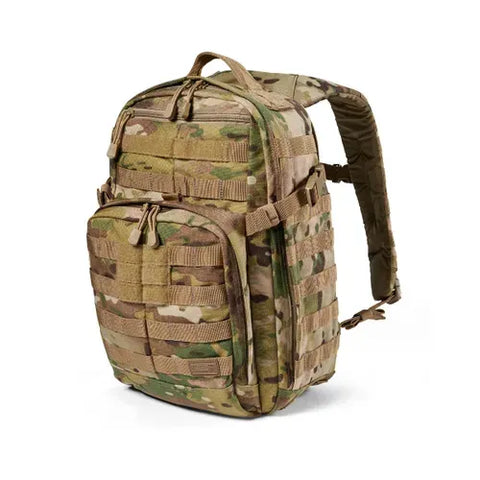
5.11 Multicam backpack
2. A-TACS: The Digital Camouflage
A-TACS (Advanced Tactical Concealment System) uses digital patterns for enhanced camouflage in specific environments (e.g., arid, urban, or forest). Learn more at A-TACS.
When to Use A-TACS
-
Specialized Environments: Variants like A-TACS AU (arid) or FG (foliage) target specific terrains.
-
Tactical Units: Popular for its modern, high-tech look.
- Precision Operations: Ideal for missions requiring advanced concealment.
Considerations
-
Specificity: Each variant is optimized for specific environments, limiting versatility.
- Cost: Similar to MultiCam®, it’s pricier than solid colors.
3. Kryptek: The High-Tech Pattern
Kryptek features biomimetic patterns inspired by natural camouflage, offering unique aesthetics and effectiveness. Learn more at Kryptek.
When to Use Kryptek
-
Hunting and Outdoor Use: Popular among hunters for its organic look.
-
Mixed Terrains: Variants like Highlander work in diverse environments.
- Modern Appeal: Appeals to users seeking a distinctive style.
Considerations
-
Availability: Less common in military settings, more for civilians.
- Cost: Can be expensive due to its specialized design.
Choosing the Right Color or Pattern for Your Needs
-
Identify Your Environment: Urban settings favor black or gray, deserts suit coyote brown, and woodlands call for olive drab or A-TACS FG.
-
Define Mission Goals: Night operations need black, while multi-terrain missions benefit from MultiCam®.
-
Consider Maintenance: Choose colors that hide wear for long missions or require less maintenance.
-
Balance Cost and Versatility: MultiCam® is versatile but costly; coyote brown is budget-friendly for specific environments.
- Consult Experts: With over 15 years of experience, we offer custom tactical gear in any color or pattern. Contact us for tailored solutions.
Conclusion
Choosing the right tactical gear color or pattern can impact camouflage, durability, and professionalism. Solid colors like black, coyote brown, olive drab, ranger green, and gray suit specific environments, while camouflage patterns like MultiCam®, A-TACS, and Kryptek offer multi-terrain versatility.
As a leading manufacturer since 2009, we provide high-quality custom tactical gear, including tactical vests, bags, slings, and holsters, to meet your needs. Explore our products or contact us for personalized recommendations to ensure your gear matches your mission.
